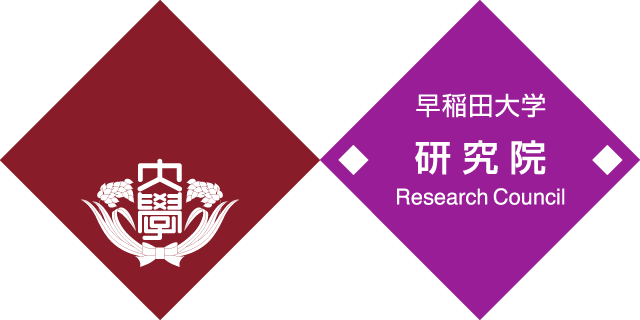Power in Numbers: Quantitative Methods for Monitoring Electoral Integrity
- Date & Time
October 4, 16:30-18:30 - Venue
Conference room #1102 Building #26, Waseda Campus - Speaker
Momar Dieng (Africa Web Services LLC, CEO) - Participation
No registration required - Language
English - Audience
Students, faculty members, and the general public - Hosted by
Waseda Inter-Regional Research Institute - Co-sponsored by
The Center for Positive/Empirical Analysis of Political Economy,
Waseda Institute of International Strategy - Flyer
Seminar Content
Every year, vast amounts of citizens cast their vote in elections around world. For
example, more than half a billion votes were cast in one hundred national elections in 2015.
A large number of those elections were contested intensively, leading to mass violence and
significant numbers of fatalities amidst claims of ballot rigging. The growing field of
‘election forensics’ seeks to develop quantitative tools that can be used to investigate the
integrity of the electoral process, and particularly the plausibility of election results. These
techniques can be effective for detecting the obvious types of voting irregularities and
fraudulent manipulations, especially when statistical analyses are used with other types of
evidence, including reports from election observer missions, election watch NGOs and
journalists. On the academic side, efforts are underway to improve the reliability of these
techniques and bring sophisticated analytic methods to bear on the complex interplay
between human and technological factors that can influence an election. This talk
introduces statistics of election forensics. As a practical application it will focus on the
analysis of Senegal’s 2000 and 2007 presidential elections, and its use in securing the 2012
election.
Lecturer’s bio
 Momar Dieng is a mathematician, development practitioner, and election forensics expert. He has been a visiting faculty in the Department of Mathematics at the University of Arizona, and regularly lectures on quantitative tools for economics and public policy at Harvard University. He received his PhD in Mathematics from the University of California at Davis. He also studied at Harvard’s Kennedy School of Government as well as Harvard’s Graduate School of Education. He was a Senior Policy Advisor for UNDP Liberia and Senior Technical and Policy Advisor in Senegal’s Ministry of Education.
Momar Dieng is a mathematician, development practitioner, and election forensics expert. He has been a visiting faculty in the Department of Mathematics at the University of Arizona, and regularly lectures on quantitative tools for economics and public policy at Harvard University. He received his PhD in Mathematics from the University of California at Davis. He also studied at Harvard’s Kennedy School of Government as well as Harvard’s Graduate School of Education. He was a Senior Policy Advisor for UNDP Liberia and Senior Technical and Policy Advisor in Senegal’s Ministry of Education.






